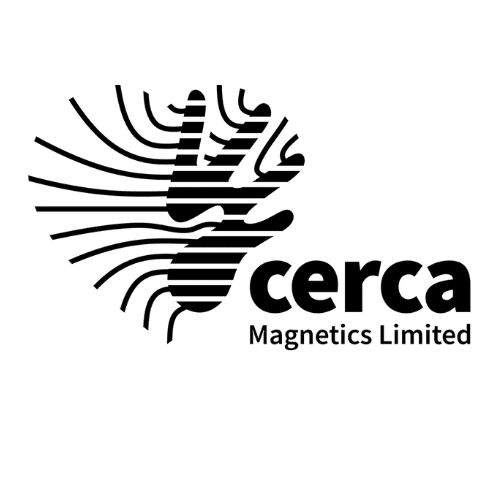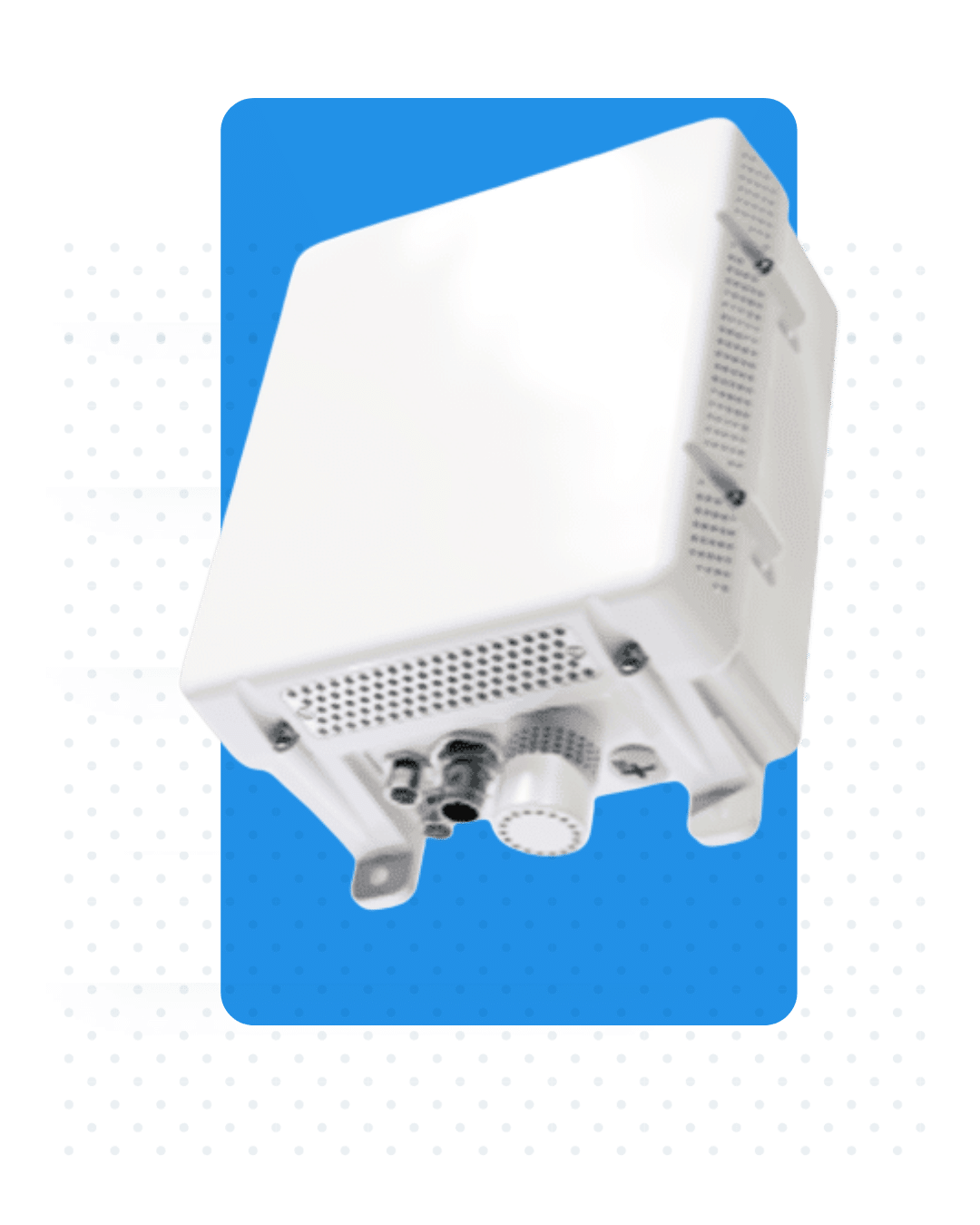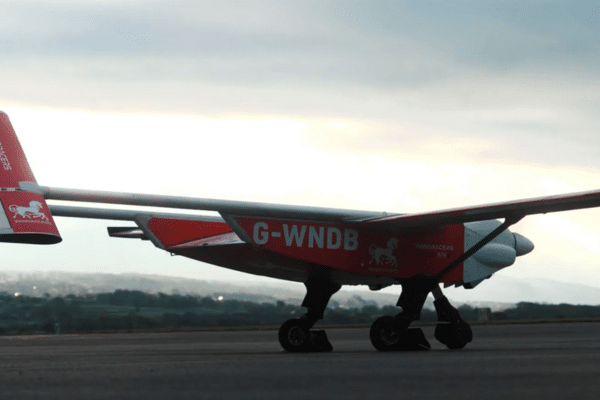

Nottingham-based Cerca Magnetics are revolutionising brain imaging thanks to recent developments in quantum sensing, coupled with their intelligent and innovative approach to design. Combined, these have allowed magnetoencephalography (MEG), a brain scanning technology, to deviate from the use of historically bulky and expensive machinery into Cerca’s much sleeker helmet solution.
To produce this helmet, polymer 3D Printing was identified as the suitable manufacturing option. This is because it enables the manufacture of extremely complex geometries with channels, undercuts and lattices, such as this helmet, which would be otherwise impossible to produce using alternative polymer manufacturing technologies. However, for geometries which can be manufactured using technologies such as injection moulding, 3D printing negates the requirement for tooling and, as such, reduces cost and the time to market. The lightweight design allows free movement during scanning, ensuring a more comfortable experience and enabling scans for children as young as one year old. For neuro-imaging research institutions, it is a highly versatile and efficient piece of equipment allowing first-of-their-kind research studies into the function and development of the human brain.
Given the complex and intricate design required for the helmet’s functionality, Prototal UK were chosen as the manufacturer thanks to over 2 decades of experience in the additive manufacturing sector and their well renowned post-processing department.
Cerca’s wearable MEG solution consisted of helmet sizes that accommodated individuals of all ages, providing them the freedom to move during a scan. Thanks to Prototal’s laser-sintering process not requiring support material, Cerca’s goal of producing lightweight but robust scanning equipment was possible, transforming a 500 kg scanner into a range of helmets weighing just over a kilogram each on average.
Prototal UK were involved at every stage of the production process, from assessing CAD design to undertaking quality inspection of the end-product, ensuring that the complex 3D printed geometry conformed to the requirements of the helmets’ application.
Finally, after the quality inspection process was complete, the parts were coloured in the post-processing department using Prototal’s permanent surface colouring process, allowing users to easily identify the different size options by their varying colours.
Prototal UK provided Cerca with a manufacturing solution that is perfect for their requirements. Different sizes could be easily produced on-demand thanks to polymer 3D printing offering vast design flexibility for different head sizes with high accuracy.
Thanks to the benefits of SLS printing not requiring any support materials, Prototal were able to bring a very complex design to life in a short space of time, with no added post processing to achieve the complex design created by Cerca. The SLS technology can take the most complex of geometry and make manufacturing a simple and fast process.
Being able to forego large MEG scanning equipment, Cerca were able to bring a more cost efficient and comfortable scanning solution to market. Compared with conventional MEG scanners that weigh over 500 kg, the final 3D printed product is significantly lighter than any other available solution.


